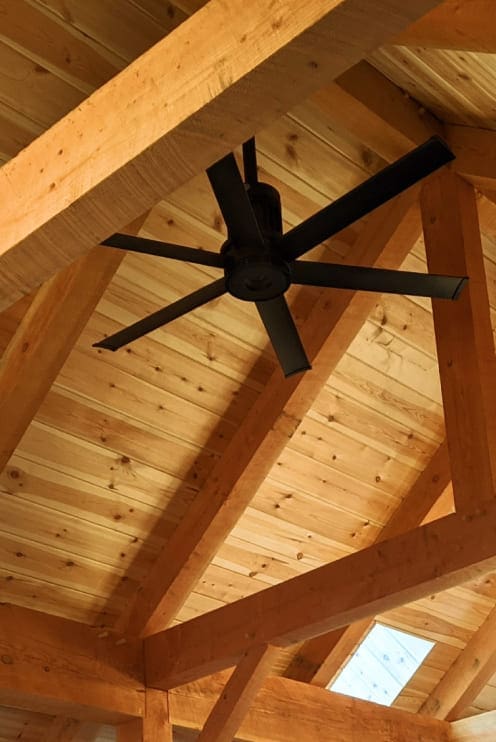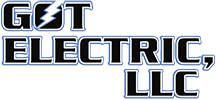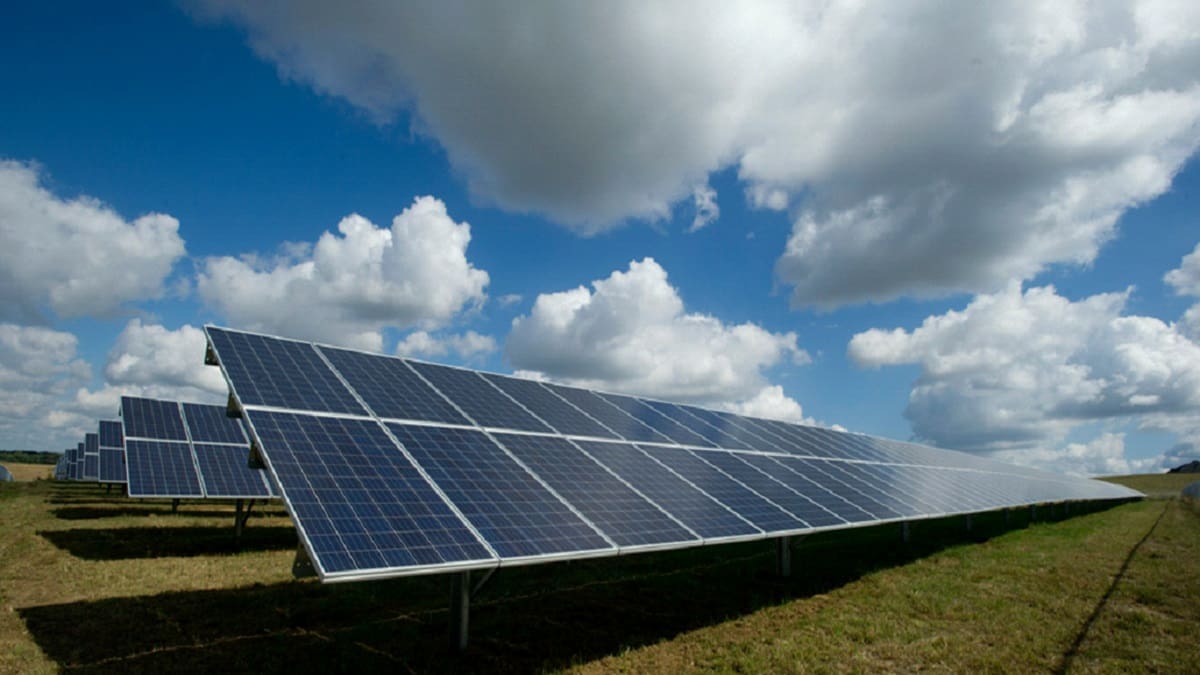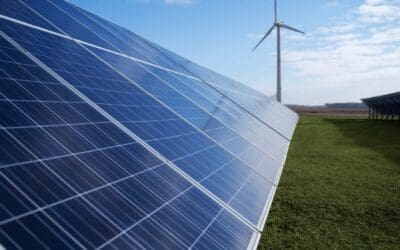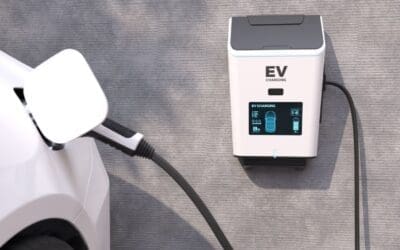Whether you are a small business owner or managing a large corporate building, solar power installation is a cost-saving solution, increases your property’s value, and helps reduce your carbon footprint.
At Got Electric LLC, we specialize in commercial solar panel installation, providing businesses with tailored solutions for their energy needs. This article will cover everything you need to know about installing solar panels for your commercial space, from assessing your energy requirements to understanding financial incentives and ongoing maintenance.
Why Consider Commercial Solar Panels?
Commercial solar panels can help businesses:
- Saving electricity cost by relying less on the grid
- Increase energy independence and protect against higher energy costs.
- Demonstrating a dedication to sustainability will help your brand to gain more good name.
- Access financial incentives, including rebates and tax credits, that can reduce upfront installation costs
- Increase property value due to the long-term savings and eco-friendly appeal
However, before proceeding with solar panel installation, it is essential to ensure that your business is ready for such an investment. Below are the key factors to consider.
1. Energy Consumption and Requirements
The first step is to evaluate your company’s energy use if you want to install commercial solar panels.This is crucial for designing a system that meets your specific energy needs.
Once you are aware of your energy consumption, it’s important to:
- Identify peak energy usage: Commercial buildings typically have peak energy demand during specific times of the day. Consider whether your solar panels can generate enough energy during peak hours, or if you’ll need to supplement with grid power.
- Factor in future growth: If your business plans to expand in the near future, consider how your energy needs might increase. Installing a slightly larger system can help accommodate future growth without requiring costly upgrades later.
2. Roof Condition and Space Availability
One of the most important factors in the success of your solar power installation is the condition of your roof and the available space for panel installation. Solar panels must be mounted on a flat or slightly pitched roof that can support their weight and ensure proper orientation to maximize energy production.
Here are key things to consider:
- Roof Age and Condition: If your roof is old or in poor condition, you must make sure that it is repaired beforehand.
- Roof Space: Ensure your roof has enough space to adjust the number of panels required for your energy needs. Depending on the size and layout of your roof, you may need to opt for a rooftop or ground-mounted solar system.
- Structural Integrity: A professional installer can assess your roof’s structural integrity to determine if reinforcements are necessary.
3. Local Weather and Solar Potential
While solar panels can generate energy in cloudy or overcast conditions, their efficiency will be higher in areas with abundant sunlight.
Here are some considerations regarding your location’s solar potential:
- Geographic Location: Solar panels are most effective in areas with high solar insolation. Businesses in southern U.S. regions (such as California, Arizona, and Texas) generally benefit from higher solar energy production.
- Shading: Ensure your installation site is free from shading caused by nearby trees, buildings, or other obstructions. Consider trimming trees or moving obstructions that might block sunlight from reaching your panels.
- Climate Conditions: Areas with heavy snowfall or frequent storms may require additional considerations for solar panel installation. Snow accumulation can block sunlight, reducing energy production, and storms may increase the risk of damage to the panels.
4. Initial Investment and Financial Incentives
Solar panel installation can be expensive. That said, numerous financial incentives can help reduce the initial investment:
- Federal Tax Credit (ITC): The Investment Tax Credit (ITC) offers a 26% federal tax credit for businesses that install solar panels, reducing the overall installation cost. The ITC is set to decrease in the coming years, so it’s important to act quickly to take full advantage of this incentive.
- State and Local Incentives: Many states and local governments offer additional rebates, tax credits, and grants for commercial solar installations.
- Financing Options: If you’re concerned about the upfront investment, financing options such as solar loans, power purchase agreements (PPAs), or leasing agreements can help make solar installation more affordable.
When evaluating costs, it’s essential to consider the Return on Investment (ROI). While the payback period will vary depending on your energy consumption, location, and system size, many businesses find that solar panels pay for themselves within 5 to 10 years, after which they save on electricity bills.
5. Choosing the Right Solar Panels and Installer
A key first step in the installation process is selecting the appropriate business solar panels and technician.
Here are some factors to consider:
- Panel Efficiency: Not all solar panels provide the same degree of efficiency. While they could be more expensive initially, higher-efficiency panels can produce more energy and offer more long-term savings.
- Installation Expertise: Professional solar installers will guarantee safety and professionalism. Seek a business with good customer feedback and knowledge in commercial solar power installation.
- System Design: The design of your solar system should be customized to your specific energy needs and roof layout. A professional installer will evaluate your roof, shading, and energy consumption to determine the optimal number of panels, their placement, and the type of inverter needed for your system.
6. Ongoing Maintenance and Monitoring
Once your commercial solar panels are installed, you must consider their maintenance requirements. Most solar panels require low maintenance, but regular checks are important to identify any issues.
Conclusion
Installing solar panels requires careful consideration of several key factors, including energy consumption, roof condition, location, financing, and system design. Opting for a solar panel installation team like Got Electric LLC, you can ensure that your solar investment is effective and cost-efficient.
With offices in Ijamsville, MD & Linville, VA, Got Electric offers residential and commercial electric work, including installation, safety inspections, repairs, lighting design, and troubleshooting.
Got Electric also specializes in solar Energy Projects. Our electricians are fully licensed by state and local jurisdiction, ensuring that your electrical projects will be installed to industry and code standards.
Energized by Auxilium Technology
